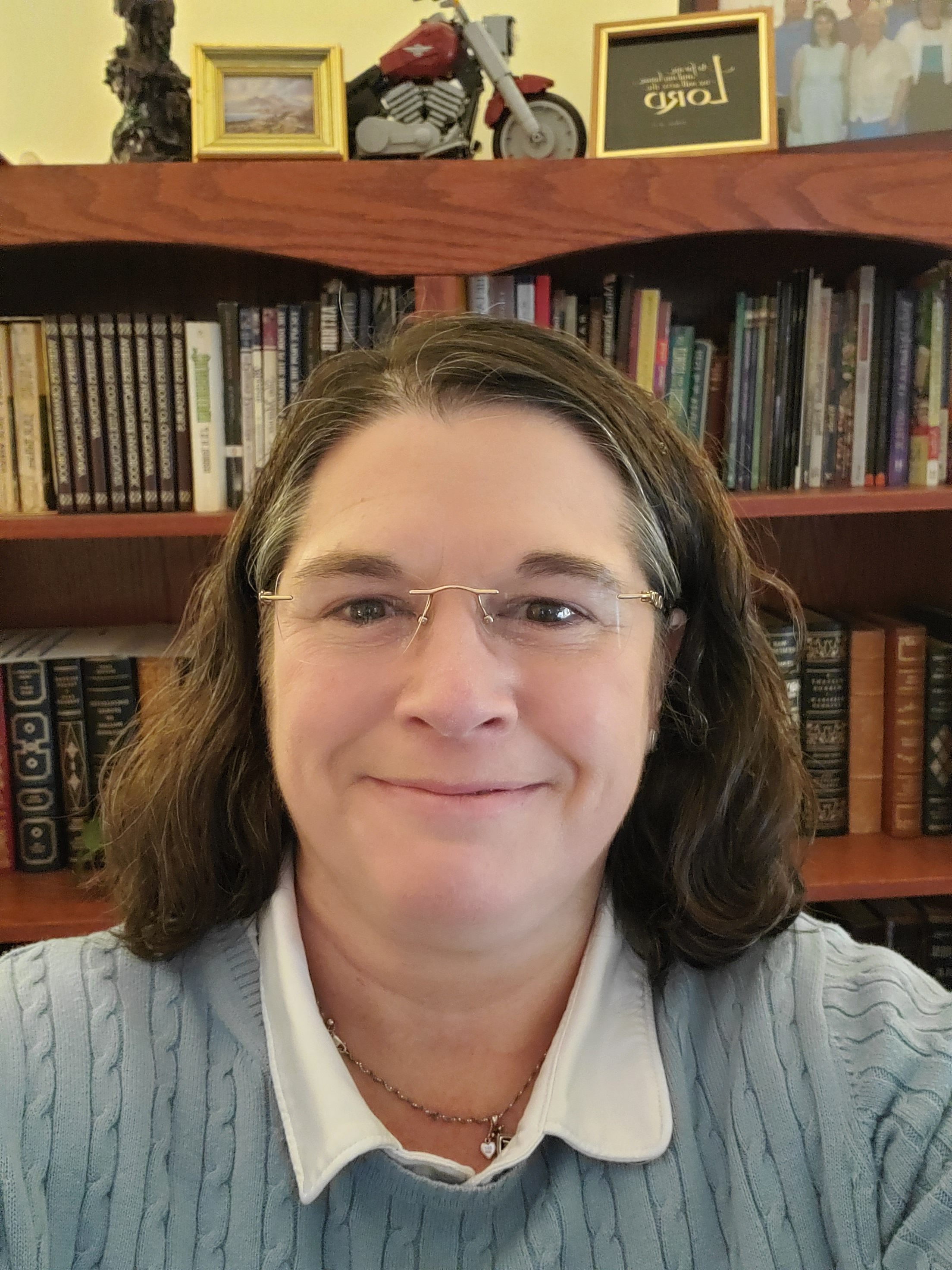Trauma is a word or a concept that does not resonate with everyone. This is especially true for those of the older generation. Many in the older generations, like my mother’s age (70’s and above), say things like, “That was just life…it was what it was,” and that is the end of the story for them. They don’t have trauma because they are tougher than that. To them, being traumatized is a weakness or failure to be able to “handle” something.
That is also true of those I speak to within the workplace. When they describe their pain points or struggles with me as a trauma recovery coach, I see them as symptoms of previous trauma. To be clear, I was once in this space myself, so there is no criticism from me.
There was a time in my life when I packaged up all of the emotions and memories from my childhood trauma and stored them in a zip file within an archive folder of my mind. I thought, “I survived my childhood, so I will put that behind me and move forward.”
Sadly, it doesn’t work that way, though.
Adverse childhood experiences, like abuse (physical, emotional, sexual), neglect (physical, emotional), or household dysfunction (mental illness, mother treated violently, divorce, incarcerated relative, substance abuse) are potentially traumatic events that can impact a child’s brain development and how the body handles stress. Generational trauma is woven into the fabric of our being. Unresolved trauma shows up as unexplainable anger, flashbacks, sleeplessness, irritability, nightmares or night sweats, anxiety/panic attacks, or hypervigilance.
If we manage to cope with those symptoms of unresolved trauma through achievement or workaholism, it will start to show up in our biology. It might look like multiple health issues such as autoimmune disease, chronic fatigue, fibromyalgia, asthma, skin disorders, digestive problems, heart issues, or cancer.
One way or another, trauma will let us know it’s there. That was what happened to me at age 51. My carefully concealed and archived zip file of traumatic memories opened up on me, flooded my nervous system, and overwhelmed me. I went from a high-functioning overachiever to being unable to function at all, which was extremely disturbing to me.
I didn’t think I had any other choice but to address it because it threatened my career and the identity that I had built for myself. Of course, I did have a choice. I could’ve continued denying this was an issue and kept telling myself I was fine, but honestly, that was a terrible choice.
If you are in excruciating pain and someone tells you there is something you can do about it, but it’s going to get worse before it gets better, would you take that chance? I did. The healing journey is hard work and painful at times, but I found it wonderfully liberating.
Many people in the workforce are still in denial about their childhood trauma and the impact it can have on their lives. I am a trauma survivor, trauma recovery coach, and mental health advocate, but when I talk to people in the workplace about trauma, it’s like all the air gets sucked out of the room, and they try to change the subject as quickly as possible. I am not making this up and am curious about what is driving this response.
Shame
A big part of childhood trauma is related to shame. Brene Brown defines shame as “the intensely painful feeling or experience of believing that we are flawed and therefore unworthy of love and belonging — something we’ve experienced, done, or failed to do makes us unworthy of connection.”
Those of us who are high-functioning overachievers or workaholics have invested so much energy into fighting against the shame in our souls, telling us we are flawed or unworthy of love and belonging. If only we can be successful, we can silence the noise of us not being good enough. If we work hard enough, we can actually be somebody instead of a nobody. If we excel at work, maybe we will be seen, heard, and respected. We MUST NOT stop. We MUST keep pushing forward because if we don’t, our past will catch up to us, and everybody will see what happened to us. We will be exposed. We will be vulnerable, and that is an unsafe place to be.
One thing that helped me to stop running from the pain/shame of my past trauma was the realization that THIS DOES NOT HAVE TO DEFINE ME ANYMORE. Dr. Arielle Schwartz says, “Adversity will be part of our story, but it doesn’t have to be the whole story.” It is part of us, but it is not ALL of us.
Psychological Safety
A second contributor to the avoidance phenomenon is that people feel unsafe“bringing their whole self to work.” How many co-workers do you have that are brave enough to say, “You know, I just had a really intense therapy session, and I am not really functioning well” or “I am having an emotional day”? For as much as businesses and corporations talk about diversity and inclusion, that is still not the reality for invisible disabilities like PTSD/CPTSD. People fear being seen as weak or “less than” if they have a bad day or are struggling to cope. They don’t feel psychologically safe enough to vulnerably share a struggle with a co-worker, never mind a boss.
They may fear losing their job. I know I did. When my trauma emerged, I was leading a rather large program across the Technology & Operations space, and I could not function. I was leading the project, not just an individual contributor. I told my boss I understood if she had to find someone else to lead the work. Instead, she told me that she had hired precisely the right person for the job and asked how she could help. That was my experience with a psychologically safe environment in the workplace, but I will tell you that it is rare.
Discomfort
People with unresolved trauma might think they are alone or don’t know how to talk about it. They may never have told another soul about what happened to them. They might not have a language to describe the horrible things that happened to them. They might think it will become real if they talk about it. Some might even believe that they will die if they talk about it.
Those without trauma might not know what to say or not say to someone who tells them they’ve experienced childhood trauma. They may not know how to help and feel powerless to do anything. They might not have the language, experience, or tools to support someone with trauma.
A Path Forward For the Survivor
At this point in the world, I would venture a guess that there are more people with trauma than without trauma, especially given the COVID-19 pandemic. How do we move forward? How do we get past the denial to enter the healing journey?
Acknowledge it. If you have unresolved trauma, the first step is always to admit it. Jodi Aman says, “It happened. It was NOT OK. You didn’t deserve it. It doesn’t have to define you anymore.” You are NOT alone. Taking that first courageous step and asking for help will set you on a path toward healing and freedom from the things holding you back.
Get help. Once you have acknowledged that you need help, continue moving forward to get help. Most companies have EAP and other mental health benefits that you can take advantage of. Some companies even provide concierge services to help you find the right service provider for you. This can be a challenging step at the beginning because you might not know what you need. I actually went to a friend who previously shared her journey with me for a recommendation. Can you get a recommendation from someone you know who is already on the healing journey?
Finding the right therapist for you can take some time, but ultimately, you need to find someone with whom you feel safe sharing your truth. It is OK if you don’t feel comfortable with someone. Trust your gut.
Get connected. As I said before, you are NOT alone. We heal as part of a community. There are online communities of trauma survivors that you can get connected to. Your company may have Employee Resource Groups that you can get engaged with. Connecting with other trauma survivors will give you a place to ask questions to those who have been on the path longer than you. Find your people.
A Message to Supporters.
Hold space. Holding space for someone means being physically, emotionally, and mentally present for someone who is struggling without expecting anything in return. It means supporting them without judgment. Holding space for someone who is struggling is a sacred honor. If a survivor has chosen to share their truth with you, it means that they see you as a safe person. You don’t need to be their therapist, but you have a unique role.
We need to get comfortable entering into our coworker’s discomfort. We need to get more comfortable having uncomfortable conversations and creating safe spaces for our coworkers where they can “bring their whole self to work.”
It really only takes one person to make a difference in the life of a trauma survivor. Will you be that one?
You are NOT alone.
I’m here for you. You can find me at www.cyndibennettconsulting.com. Schedule your complimentary discovery call today.
Guest Post Disclaimer: Any and all information shared in this guest blog post is intended for educational and informational purposes only. Nothing in this blog post, nor any content on CPTSDfoundation.org, is a supplement for or supersedes the relationship and direction of your medical or mental health providers. Thoughts, ideas, or opinions expressed by the writer of this guest blog post do not necessarily reflect those of CPTSD Foundation. For more information, see our Privacy Policy and Full Disclaimer.

Believer. Leader. Learner. Advocate. Writer. Speaker. Coach. Mentor. Triathlete. Encourager. Survivor.
Most of all, I am a fellow traveler on the rocky road called, Trauma Recovery. My mission is to minimize the effects of trauma for survivors in the workplace.




